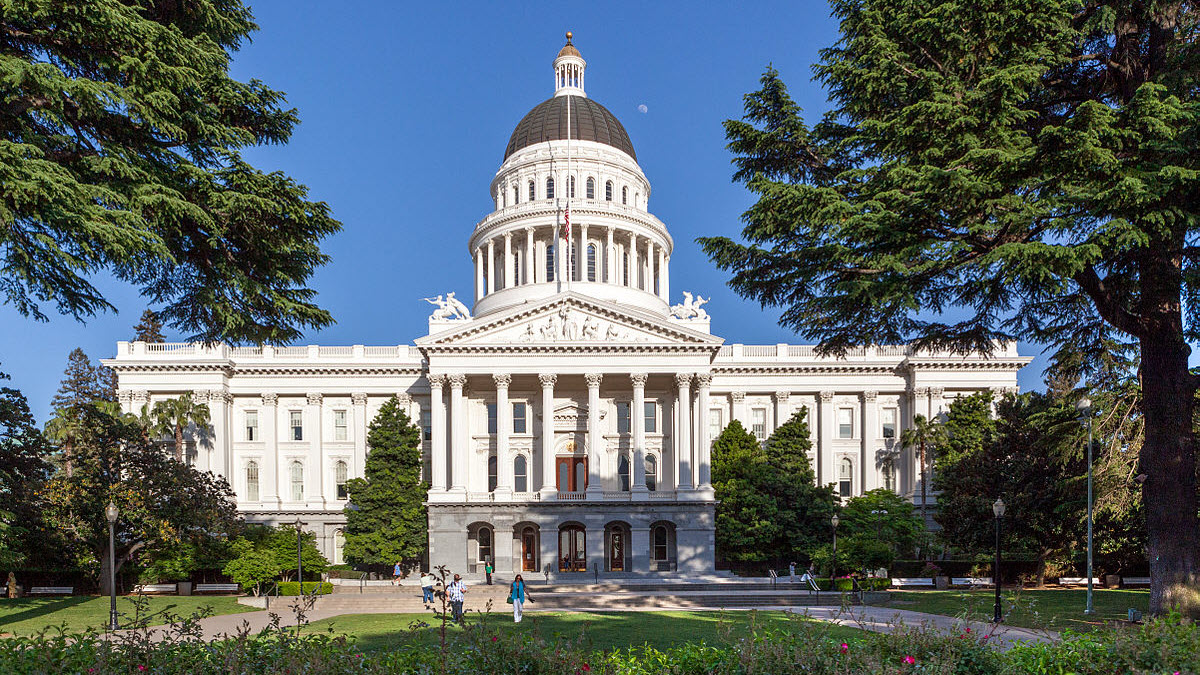WGAW Champions California Net Neutrality Bill

The smarter way to stay on top of broadcasting and cable industry. Sign up below
You are now subscribed
Your newsletter sign-up was successful
The Writers Guild of America West is a strong supporter of a California bill that would create state net neutrality rules to replace federal rules against blocking, throttling and paid prioritization eliminated by the FCC last December.
WGAW leadership, led by union president David Goodman, made that clear in a letter to State Sen. Scott Wiener, who last month introduced SB 822, Restoring Net Neturality in California, billed as one of the most comprehensive state efforts to restore the FCC's rules.
"Now that the FCC has abdicated its authority to protect a free and open internet, California has a responsibility to fill that void," WGAW wrote.
The guild long argued that a neutral online platform is necessary to provide opportunities for nondiscriminatory access to independent creative voices and diverse content, including the burgeoning online market for video. WGAW points out that in 2017, its members were working on more than 100 online originals.
WGAW argues eliminating the rules threatens that market because ISPs can act as gatekeepers to benefit their own video, traditional and online.
Related: USTelecom Says "Hell No" to State Net Neutrality Laws
Also backing the law are Demand Progress, Consumers Union and a host of net neutrality activist groups.
The smarter way to stay on top of broadcasting and cable industry. Sign up below
The FCC order eliminating the federal net neutrality rules also said state efforts to reinstate them were pre-empted, so a court fight is brewing given the efforts by California and a number of other states to either pass new legislation or mandate net neutrality in contracts for government broadband.
According to one of the host groups, the fate of the bill, which ISPs oppose, will likely be decided April 17, when the Senate Energy, Utilities and Communications Committee decides whether to advance the bill.
The California bill would add various online practices to the Consumers' Legal Remedies Act's definition of "certain unfair methods of competition and unfair or deceptive acts or practices" in the provision of goods and services in the state."
Those unfair methods would now include blocking, throttling, paid prioritization -- and specifically paid zero-rating plans -- among other things (see below).
ISPs can zero-rate in application-agnostic ways, but can't do so in exchange for being paid by a third party. Zero-rating plans are ones in which third parties subsidize an ISP's exclusion of accessing their site--say streaming a bandwidth-heavy video--from a user's bandwidth allowance. It is both a way for the edge provider to drive traffic to its site and for the ISP to differentiate service.
The bill would also tie access to the state's Universal Service Fund broadband subsidies to adhering to the new net neutrality rules and apply net neutrality to interconnections, which the FCC did in the 2015 Open Internet order and the current FCC reversed.
Contributing editor John Eggerton has been an editor and/or writer on media regulation, legislation and policy for over four decades, including covering the FCC, FTC, Congress, the major media trade associations, and the federal courts. In addition to Multichannel News and Broadcasting + Cable, his work has appeared in Radio World, TV Technology, TV Fax, This Week in Consumer Electronics, Variety and the Encyclopedia Britannica.

